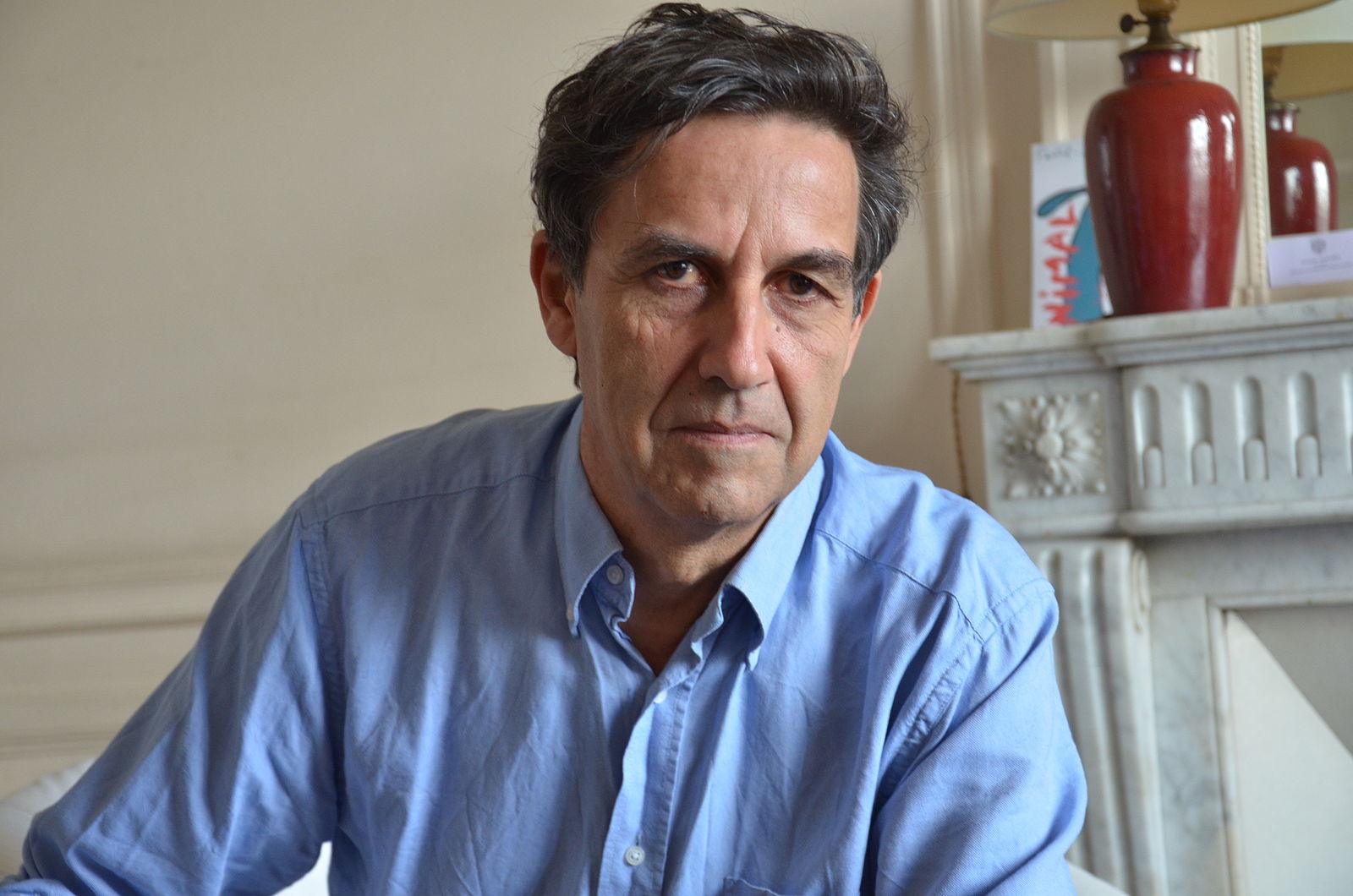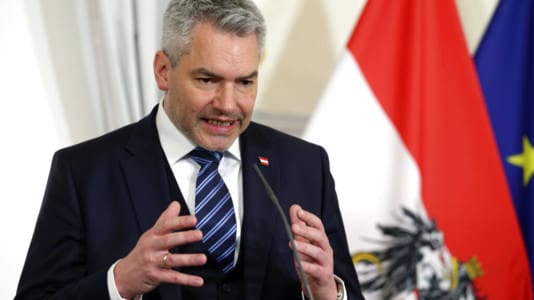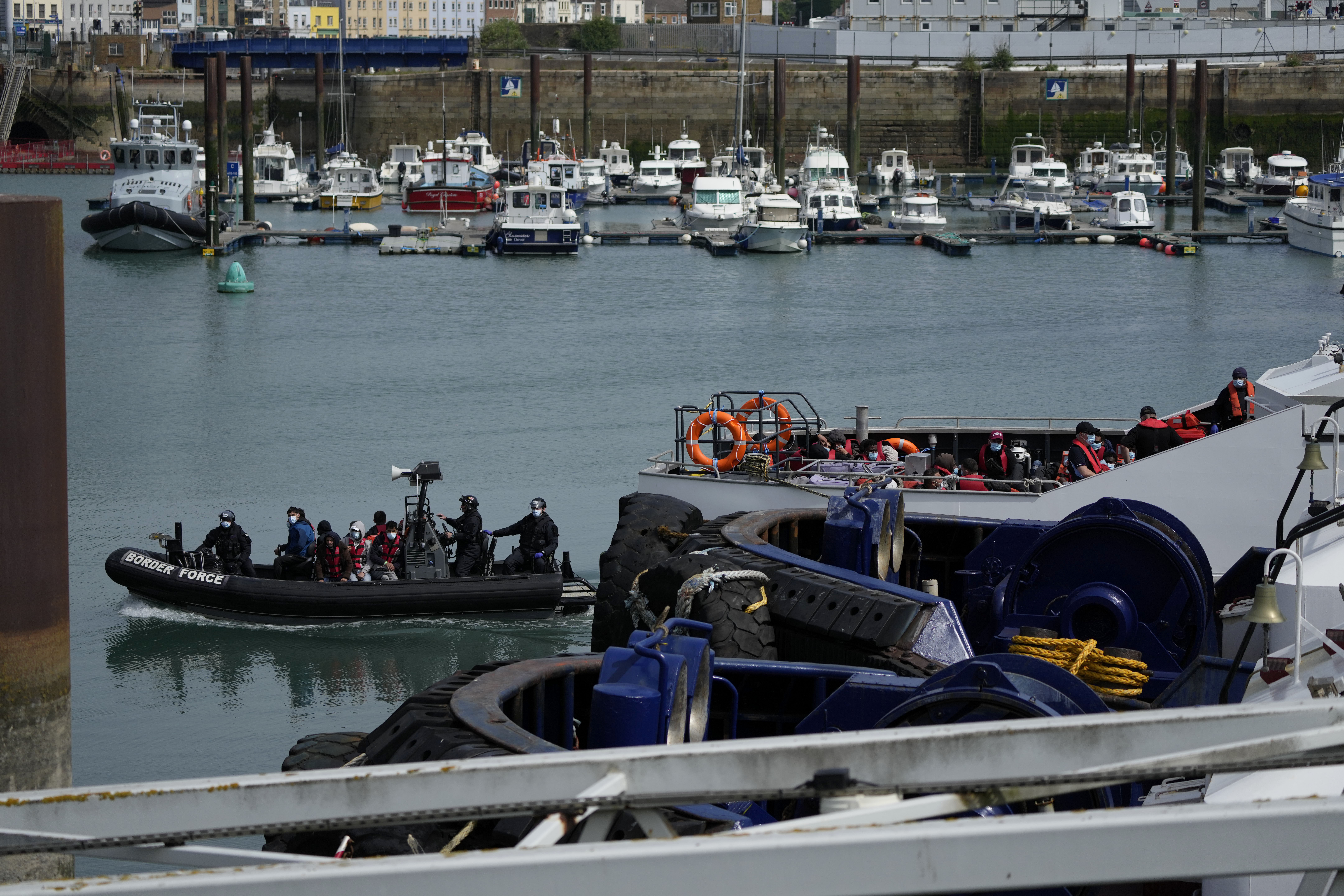World War III has already begun, according to one of France’s leading intellectuals, Emmanuel Todd, who argues that the proxy war taking place in Ukraine is existential for both the United States and Russia.
Tood, an anthropologist, sociologist, and historian who currently works in France’s National Institute of Demographic Studies, spoke to Le Figaro, one of the most influential newspapers in the country, saying: “Biden must hurry now. America is fragile, and the resistance of the Russian economy is pushing the U.S. imperial system toward the abyss.”
“It is evident that the conflict, initially a limited territorial war, has evolved into a global economic confrontation between the whole West on one side, and Russia, backed by China, on the other. It has become a world war,” Todd said.
The historian, who predicted the fall of the Soviet Union in 1976 on factors such as increasing infant mortality rates, said that no one initially expected the Russian people or its government to be able to resist the economic pressure of NATO, but Russia has weathered sanctions surprisingly well.
[pp id=65652]
Todd, who had previously warned of the collapse of American hegemony in his 2001 book “After the Empire: The Breakdown of the American Order,” said in the interview that the Russian economy’s resistance to sanctions was pushing “the American imperial system” toward the precipice.
If Russia succeeds in depleting the European economy while maintaining support from China, U.S. monetary and financial control of the world will collapse, and with it, the ability of the U.S. to finance its huge trade deficit with nothing to back it, Todd argued.
Todd also claimed that both Russia and the U.S. see no real exit from the conflict due to the stakes involved.
“No more than Russia, (America) cannot withdraw from the conflict, they cannot let go,” Todd told the newspaper. “This is why we are now in an endless war, in a confrontation whose outcome must be the collapse of one or the other,” he added.
‘This war is about Germany’
The conflict has a definite loser, according to Todd, which is Europe. Todd has long advocated for Europe to keep its distance from the U.S., including in “After the Empire: The Breakdown of the American Order,” but he says Europe has not taken his advice.
“We are counting the square miles the Ukrainians have taken while the Russians are waiting for the European economies to crash. We are their main front line,” he told Le Figaro.
[pp id=62538]
Recently, in another interview with Swiss magazine Weltwoche, Todd began the interview by saying, “This war is about Germany.” He explained that one of the main motivations for the United States pushing for an open conflict with Russia had to do with the growing closeness between Germany and Russia.
“The financial crisis of 2008 made it clear that with reunification Germany became the leading power in Europe and thus also a rival of the USA. Until 1989, it was politically a dwarf. Now, Berlin showed its willingness to get involved with the Russians. Combating this rapprochement became a priority of American strategy. The United States had always made it clear that they wanted to torpedo the gas agreement. The expansion of NATO in Eastern Europe was not primarily directed against Russia, but against Germany.”
Weltwoche then asked Todd about who sabotaged the Nord Stream pipeline, which ran in the Baltic Sea between Germany and Russia. He replied, “Of course the Americans. But that is completely unimportant. It is normal, but the important question is, “How can a society (the Germans) believe that it could have been the Russians?”
[pp id=55467]
“We are dealing here with an inversion of possible reality,” said Todd. “The newspapers tell us how the Russians are shooting at prisons they have occupied. That they shoot at nuclear power plants they control locally, that they blow up pipelines they built themselves.”
Todd openly says his views represent a minority viewpoint among Western intellectuals on a range of issues, but famed Pulitzer Prize-winning journalist Seymour Hersh has published a detailed account of how the U.S., with the help of the Norwegians, did indeed blow up the Nord Stream pipelines. So far, the greatest criticism against Hersh’s report is that it relied on one source, but if more evidence comes out corroborating Hersh’s account, it may lead to a deep crisis between Germany and the U.S.
China and Russia vs. the West
Todd told Le Figaro he believes if the cold war between China and the West ramps up, it could lead to the rise of developing countries like India.
The French historian backs the point of view of international relations professor John Mearsheimer and proponents of “realist” foreign policy.
“From their point of view, the Russians are in a war that is defensive and preventive,” he said, which reveals Todd’s sympathy for the idea that NATO in part provoked the war.
According to Todd, despite the U.S. being twice as populous as Russia and often touted as being far more advanced, only 7 percent of U.S. students are studying engineering, compared to 25 percent in Russia.
“The U.S. is filling the gap with foreign students, but they are mostly Indian and more of them Chinese,” he continued. “It is a dilemma of the American economy: it can only face competition from China by importing skilled Chinese labor.”
What may be even more troubling for the West is that Putin is not isolated in the manner most media outlets portray him.
“When we look at the votes at the U.N., we see that 75 percent of the world does not follow the West, which then seems very small.”
Furthermore, Russia appeals to many outside the Western world, which remains vastly more conservative than many people realize.
“For the collective non-West, Russia affirms a reassuring moral conservatism,” Todd said.






